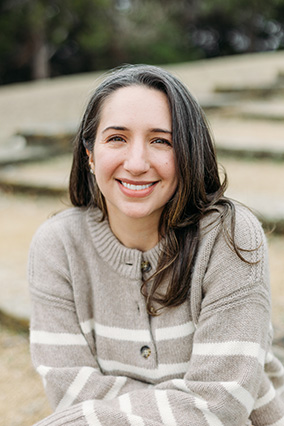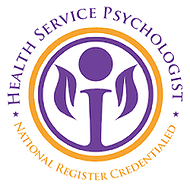Dr. Hannah Cassedy

This is the part of the website where I’m expected to trot out my credentials. Don’t worry; I’ll get to that. More importantly, this can also be a place to see if we’d be a good fit together.
I work most successfully with people who are excited to learn more about themselves: what makes them tick; what makes them shine; what they bring to the table, both good and bad. My approach to therapy is called relational: I won’t be a nodding bobblehead, and I also won’t tell you what to do. I’ll get to know you in a very fundamental way, and I’ll let you know my reaction to what I see. We’ll sort out together what kind of changes you might want to make in your life. We’ll use compassion and humor and drawings, if you like. But mostly, we’ll talk in a space that is safe, private, and welcoming.
Like all psychologists, I am legally and ethically bound to certain confidentiality rules that we’ll talk about in our first meeting together. I take that stuff really, really seriously. My office is a space where you can come, open up your baggage, and leave some of it with me to hold onto until our next appointment. If you like, I can talk with your psychiatrist, physician, or family therapist to make sure we’re all on the same page.
I respond to “Dr. Cassedy,” “Hannah,” or “hey you.” To complicate matters further, my name is commonly misspelled as Hannah Cassidy.
Here are my credentials.
I’m a licensed psychologist with a PhD in Clinical Psychology from UT Southwestern Medical Center. I was a Chief Resident there, too, as well as a recipient of several honors and awards that I’m quite proud of. I also have an MA from The New School and a BA from Bryn Mawr College, where I received a full tuition-remission scholarship.
During my graduate training, I conducted research at Memorial Sloan Kettering Cancer Center. I pursued advanced training in psycho-oncology as an American Psychological Association doctoral intern, and continued on to postdoctoral training in perinatal mental health at Baylor University Medical Center.
Now, I train PhD students and interns in the practice of clinical psychology, and I run a private practice that focuses on therapy for adults with anxiety, depression and cancer. As a service to the community, I also offer consultation and training for established therapists who want to improve their skills in working with cancer patients, survivors, and caregivers.

